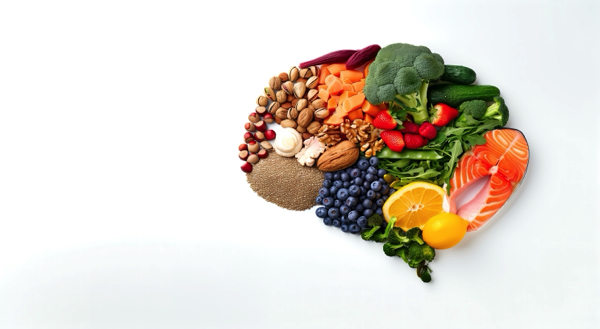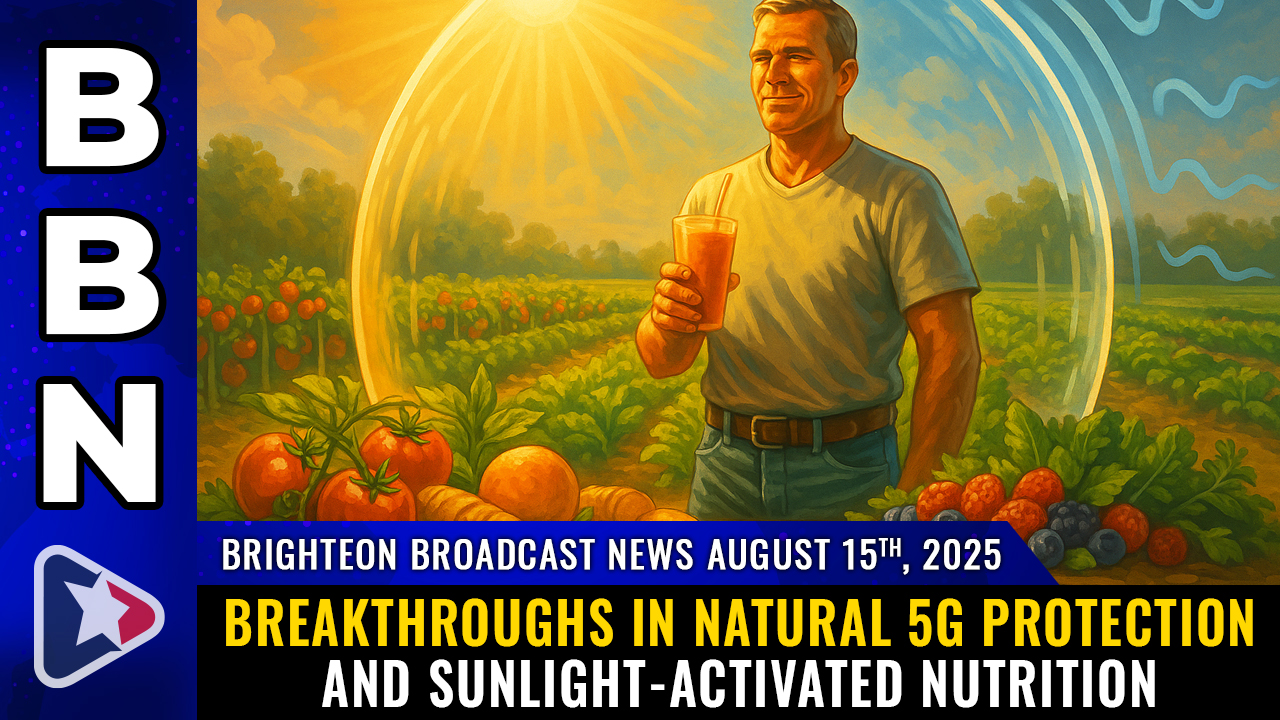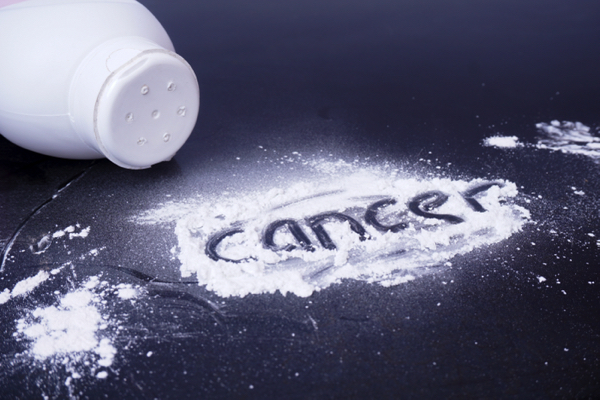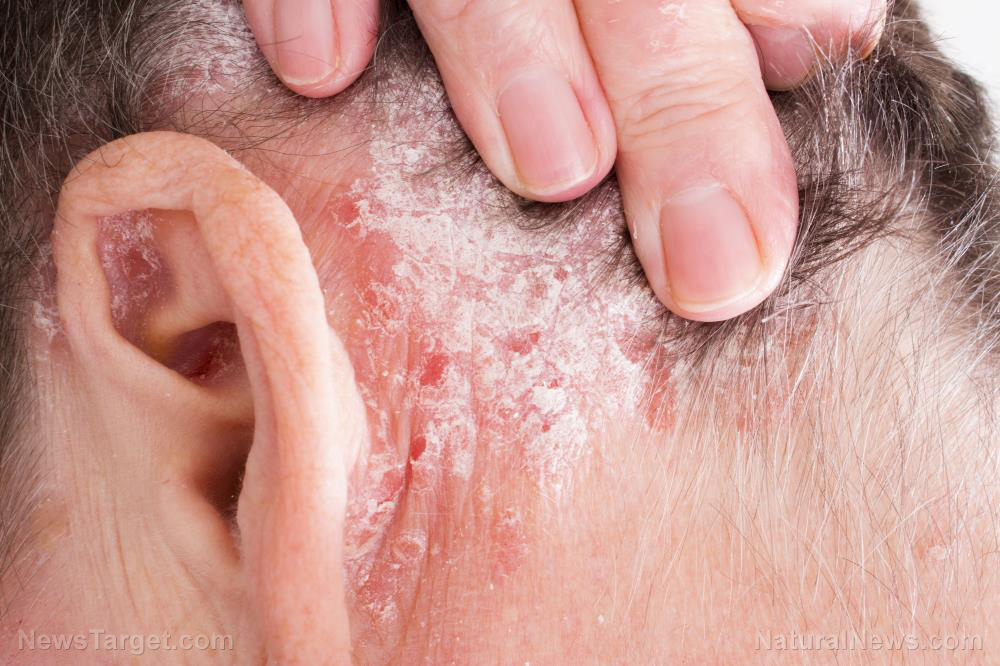OVER HALF of the daily calories in the Standard American Diet aren’t from real foods
08/13/2025 / By Lance D Johnson

According to recent data from the Centers for Disease Control and Prevention (CDC), 55% of the calories Americans take in each day come from ultra-processed industrial products. This isn’t just about convenience; it’s a systematic assault on our health, a chemical experiment we’ve subjected ourselves and our children to. It’s time we face the truth: our food system has been hijacked, and we need a revolution to reclaim our health.
Key points:
- More than half of Americans’ daily calories come from ultra-processed foods.
- American youth consume a staggering 61.9% of their calories from fake foods.
- The five biggest contributors to this health crisis are sandwiches, sweet baked goods, chips and snacks, pizza, and sugary drinks.
- Consumption of these products has been slowly decreasing, hinting at a broader recognition of the health risks involved.
- Home gardening is a pathway to get more raw nutrients into the diet.
- Advocates like David Kessler and Robert F. Kennedy Jr. are pushing for stricter regulation and labeling of ultra-processed foods.
- Despite all the new labeling, the real change starts with individuals breaking bad habits and seeking better health.
The grim reality for children
The impact of this industrial diet isn’t just concerning—it’s alarming. Children, the most vulnerable among us, are the hardest hit. According to the CDC, kids ages 6-11 consume 65% of their calories from ultra-processed foods. This isn’t just bad food; it’s a slow poisoning. The youngest children, while still consuming a significant portion of what could be considered processed garbage at 56%, fare slightly better than their older counterparts. But once they hit elementary school, consumption rates skyrocket.
It’s as if we’ve designed an entire generation to be test subjects for a massive food chemistry experiment. The ingredients in the food they eat—high-fructose corn syrup, artificial colors, and preservatives—barely existed when their grandparents were growing up. And with every bite, children are being sold another piece of their health. Sandwiches alone account for over 7% of all the calories children consume, followed closely by sweet baked goods, chips, and sugary drinks. These aren’t the meals of our parents and grandparents—these are industrial creations designed to maximize profit, not nourish bodies.
A diet designed to fail
The harm doesn’t end with children. Adults are faring no better. People in their 20s and 30s consume about 54% of their daily calories from ultra-processed foods, while those over 60 consume around 52%. Even the “best” group is still getting more than half their daily intake from industrial products.
The big five killers hiding in plain sight are staples of our daily lives: sandwiches (including fast food burgers), sweet baked goods, chips and snacks, pizza, and sugary drinks. These items aren’t just convenient; they’re engineered to keep us coming back for more. They’re loaded with refined carbohydrates, sugars, and unhealthy fats. These are the culprits behind the rising rates of cardiovascular disease, fatty liver disease, and diabetes.
It’s a sad truth that our diet isn’t just killing us—it’s programming us to crave more of what’s killing us. The more we consume these industrial creations, the harder it becomes to break the cycle. But there is hope. As awareness grows, consumption is slowly decreasing. From 66% in 2017-2018 to 62% recently, it’s a small change, but it signals a shift in mindset. People are starting to recognize that what we eat matters more than the food industry wants us to believe.
Breaking free from the fake food trap
The good news is that we can take action. Reclaiming our health starts with becoming more discerning about what we put in our bodies. If you can’t pronounce the ingredients on a label, don’t put it in your body. Real food doesn’t require a chemistry degree to understand. Shopping like our ancestors did—opting for organic produce, grass-fed meat, wild fish, and organic dairy—can make a significant difference. The outer edges of the grocery store are where the real food lives, not the industrial creations in the aisles.
Reclaiming your kitchen is another step. Even basic home cooking beats almost any packaged alternative. Cooking at home gives you control over what goes into your body, something industrial products can’t offer. Start by swapping out the worst offenders—replace sugary drinks with water, and choose nuts or fruit over packaged snacks. Swapping spirulina tablets for candy and cookies could mean the difference between suffering from chronic pain and instead having robust energy. Home gardening is one of the most important pathways to get more raw nutrients into your diet. Every small change counts, and every fake food you eliminate is a victory against the industrial system.
David Kessler, former FDA Commissioner, is pushing for stricter regulation, arguing that certain ingredients in these products no longer qualify as “generally recognized as safe.” If the FDA acts on his petition, the food industry may be forced to reformulate or put warning labels on many familiar products. This could lead to a redefinition of what “ultra-processed” means, and it might encourage companies to label foods as “non-ultraprocessed” as a marketing tool. But regardless of the definition, the real power lies in the consumer’s hands. Even with all the labeling, it’s going to be up to the individual to actually do something about their health.
Sources include:
CDC.gov [PDF]
Submit a correction >>
Tagged Under:
#nutrition, American health, childhood obesity, consumer awareness, dietary change, dietary education, dietary habits, dietary reform, FDA, FDA regulation, food industry, food labeling, food policy, food safety, health crisis, health revolution, healthy eating, industrial food, organic food, Public Health, youth health
This article may contain statements that reflect the opinion of the author





















